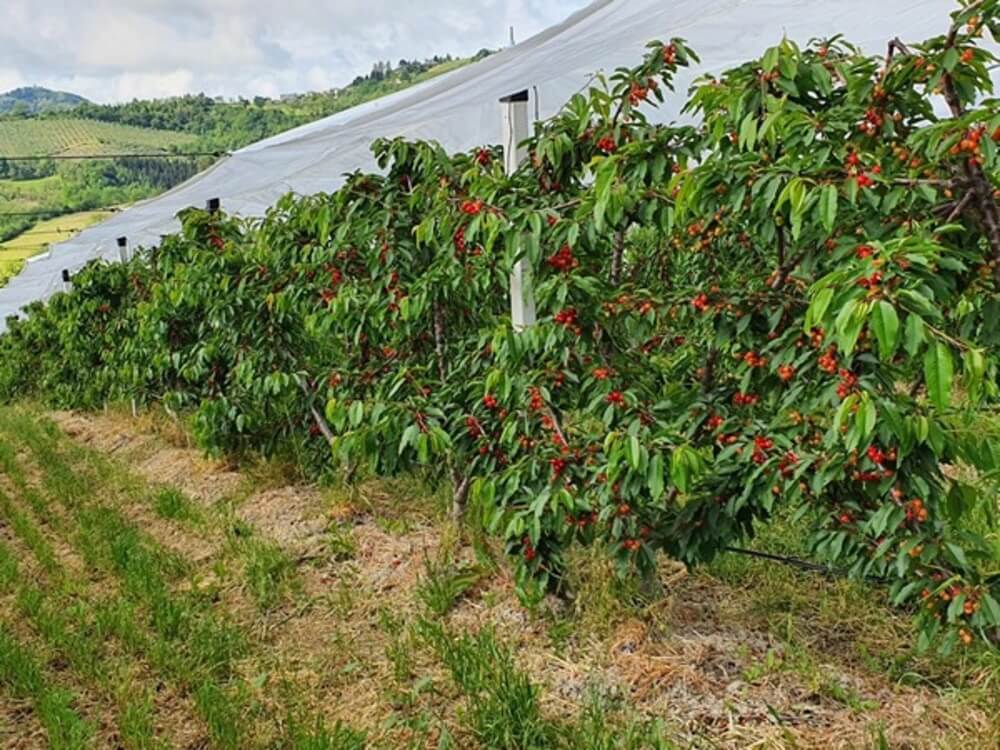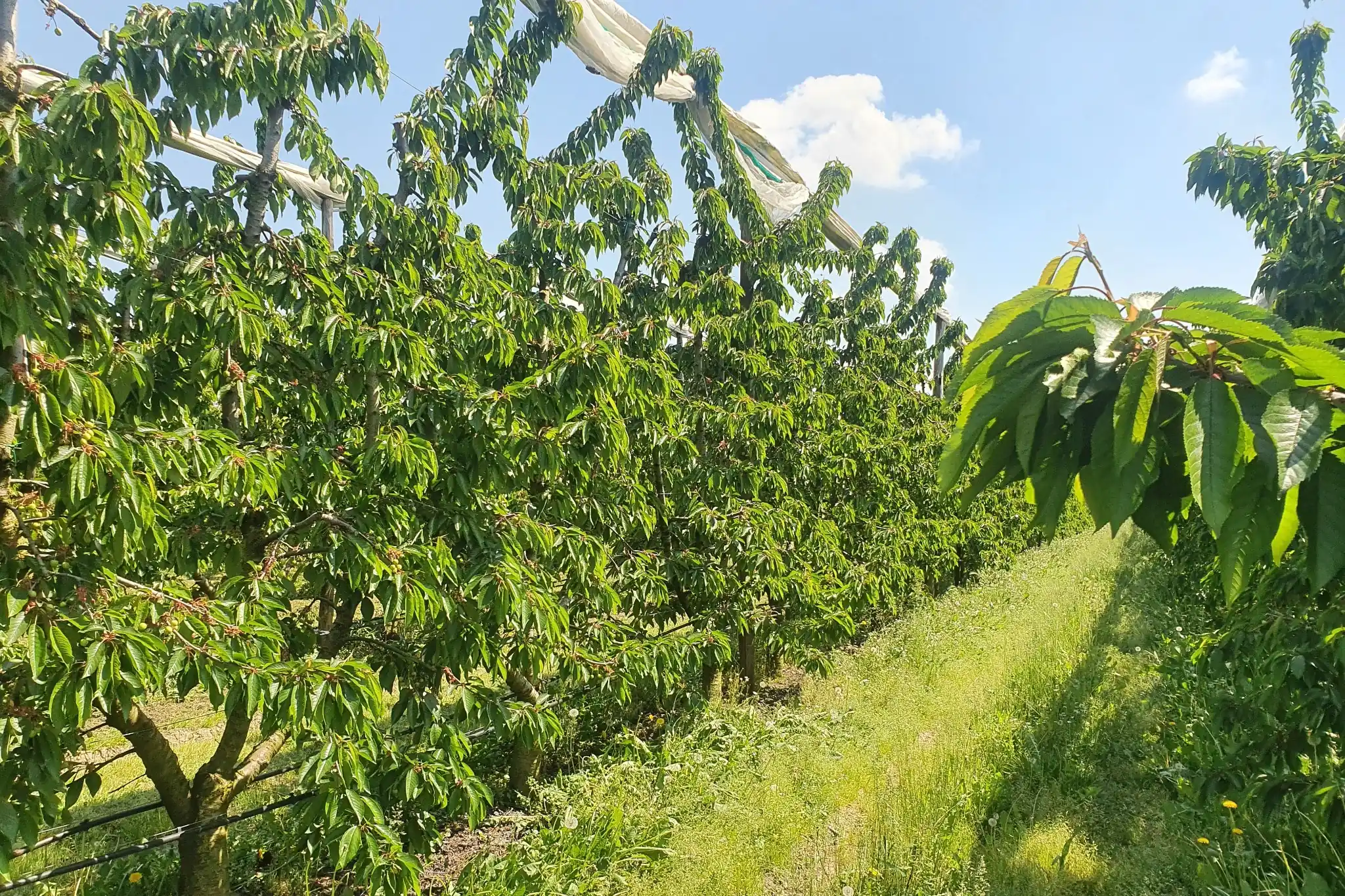2024/2025 will be remembered as one of the most turbulent years for the Chilean cherry industry. Center stage at the sixth edition of the Global Cherry Summit in Santiago, Chile, was Mario Edwards, president of the Comité de Cerezas, who made a heartfelt appeal to the industry: it’s time to rebuild trust and reputation, both at home and abroad.
An unprecedented season
At the Global Cherry Summit, organized by Yentzen Group and the Comité de Cerezas de Frutas de Chile, about 2,000 international experts and stakeholders analyzed the challenging season. According to Edwards, it was “the toughest season in history,” even worse than those during the pandemic.
Among the critical factors: record production volumes, excessive optimism, phytosanitary emergencies such as the fruit fly infestation that required cold treatment in some markets, and fake news in China that undermined demand. Added to this were skyrocketing shipping costs and logistical delays, culminating in the breakdown of the Maersk Saltoro vessel, which compromised thousands of crates bound for China.
Future challenges: quality and unity
Looking ahead to the next season, Edwards highlights complex challenges: from the global trade war to the need to ensure quality and phytosanitary safety. “We will need to work together to protect our production and establish forms of self-regulation, avoiding the export of sizes and varieties that markets no longer want,” he explained.
The issue concerns both smaller-sized fruit and cherries with poor flavor or low firmness, qualities that risk damaging the image of Chilean cherries. Consumers in various markets, Edwards added, are already making their preferences clear.
The strength of the collective
Today, the Comité de Cerezas represents over 83% of the total volume of Chilean cherry exports, including more than 100 companies. For Edwards, any commitment to raising quality must involve not only committee members but the entire supply chain.
“It’s not just a challenge, it’s a duty: we must work together to safeguard this sector that has given so much to Chile, making it an extraordinary ambassador to the world,” Edwards concluded.
European context
The comparison with Europe is interesting: while Chile faces issues of oversupply and logistics, European producers — from Italy to Spain — are focusing on premium niches and short supply chains to stand out, demonstrating how quality and segmentation can make a difference.
Source: portalfruticola.com
Cherry Times - All rights reserved










